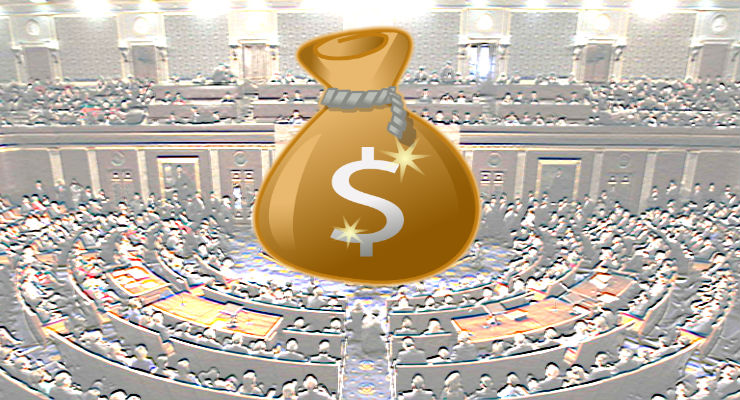 Imagine if America was a country where voters are mostly rich. In this America, politicians would be working hard to make sure that the rules prevent the poor from voting. According to the numbers released in 2023 from the US Census, this is exactly where the country is headed and has been for some time. 76% “of eligible voters with household incomes above $100,000 voted, compared to just 33% of eligible voters with household incomes below $20,000.”
Imagine if America was a country where voters are mostly rich. In this America, politicians would be working hard to make sure that the rules prevent the poor from voting. According to the numbers released in 2023 from the US Census, this is exactly where the country is headed and has been for some time. 76% “of eligible voters with household incomes above $100,000 voted, compared to just 33% of eligible voters with household incomes below $20,000.”
At the same time, the rich are much more likely to be registered to vote. 82% “of eligible voters with household incomes above $100,000 were registered, compared to just 57% of eligible voters with household incomes below $20,000.”
Voting decides who makes decisions in the country, it decides where the $6.27 trillion budget (2022) gets spent, and it decides when we go to war. Is this the type of country Americans want? Does it matter what Americans want if their income is below a certain threshold?
The reason low-income Americans don’t or can’t vote are plentiful. The hurdles they face are everywhere. Barriers include illness, disability, “less flexible work schedules, transportation barriers, polling place closures, voter purges, felony disenfranchisement, language barriers, voter identification requirements, and other voter suppression tactics”. Low-income citizens are also likely to rent instead of own their homes, meaning they move more often and need to re-register to vote. Other reports show a predictable link between low income voting barriers and race.
Many half measures have been offered to solve this embarrassing and dangerous problem, including everything from mail-in-voting, to easier voter registration, to a national voting holiday. But this writer sees only one country that has a working system to keep the poor involved in the election system. According to the Australian government, voting became compulsory in Australia in 1924 and since then, “over 90 percent of those registered have voted in every federal election”. There is a $20 voting penalty for not voting and some other simple measures that make voting possible for low-income voters.
It’s not hard to have a working democracy if Americans truly wanted one. Let the poor vote!
Ngah Gabriel says
It is true that the elite vote in ways that do not benefit the masses. The majority of the electorate must vote in order to give authority to officials who can implement policies that are in the public interest. However, I disagree that some of the measures you tout as half measures should be categorized as such, and I disagree even more strongly against compulsory voting. As much as voting is a civic duty, we must not undermine basic freedoms, and forcing people to vote does exactly that. Instead, measures such as a public holiday and mail voting seem to be adequate solutions to allow these poorer sections of society to participate in public decision-making. The question then is: why exactly are they not still participating despite these measures being available?